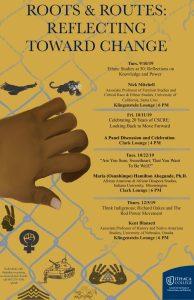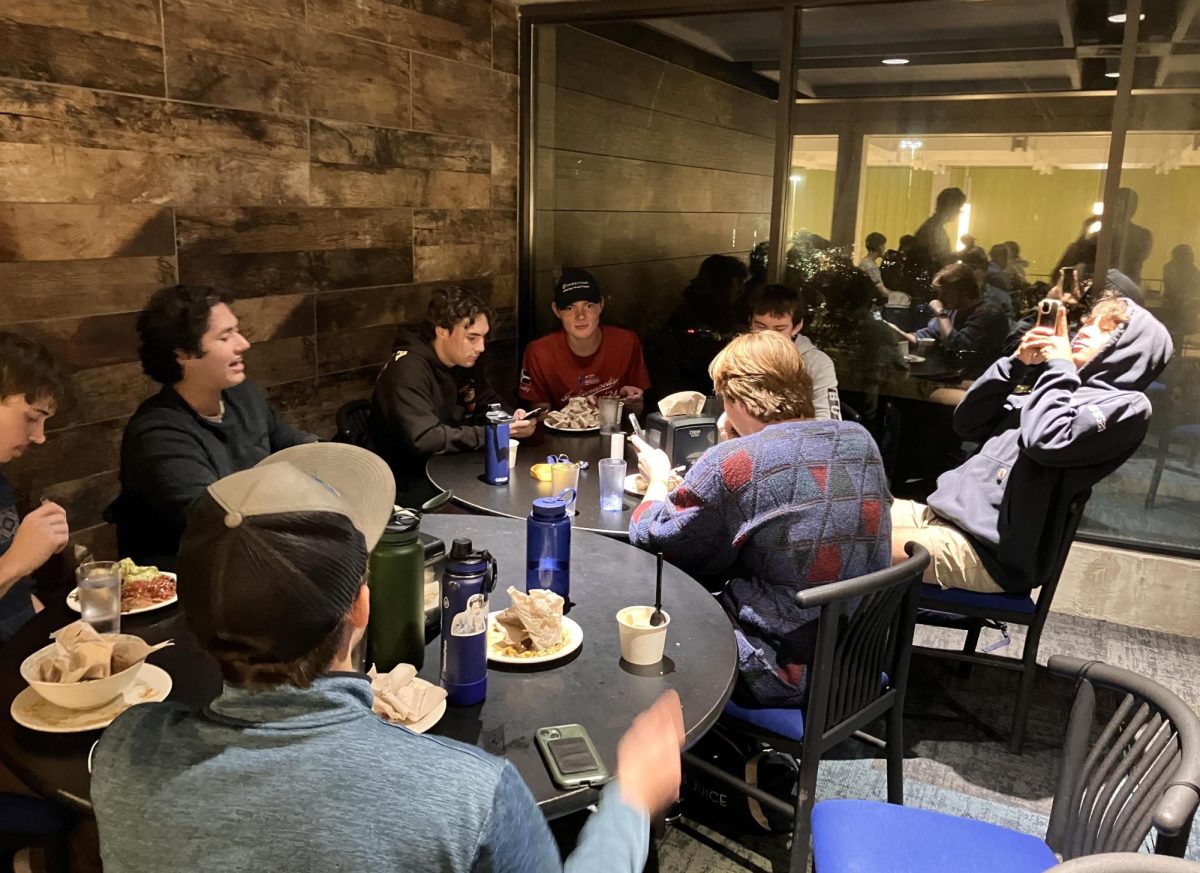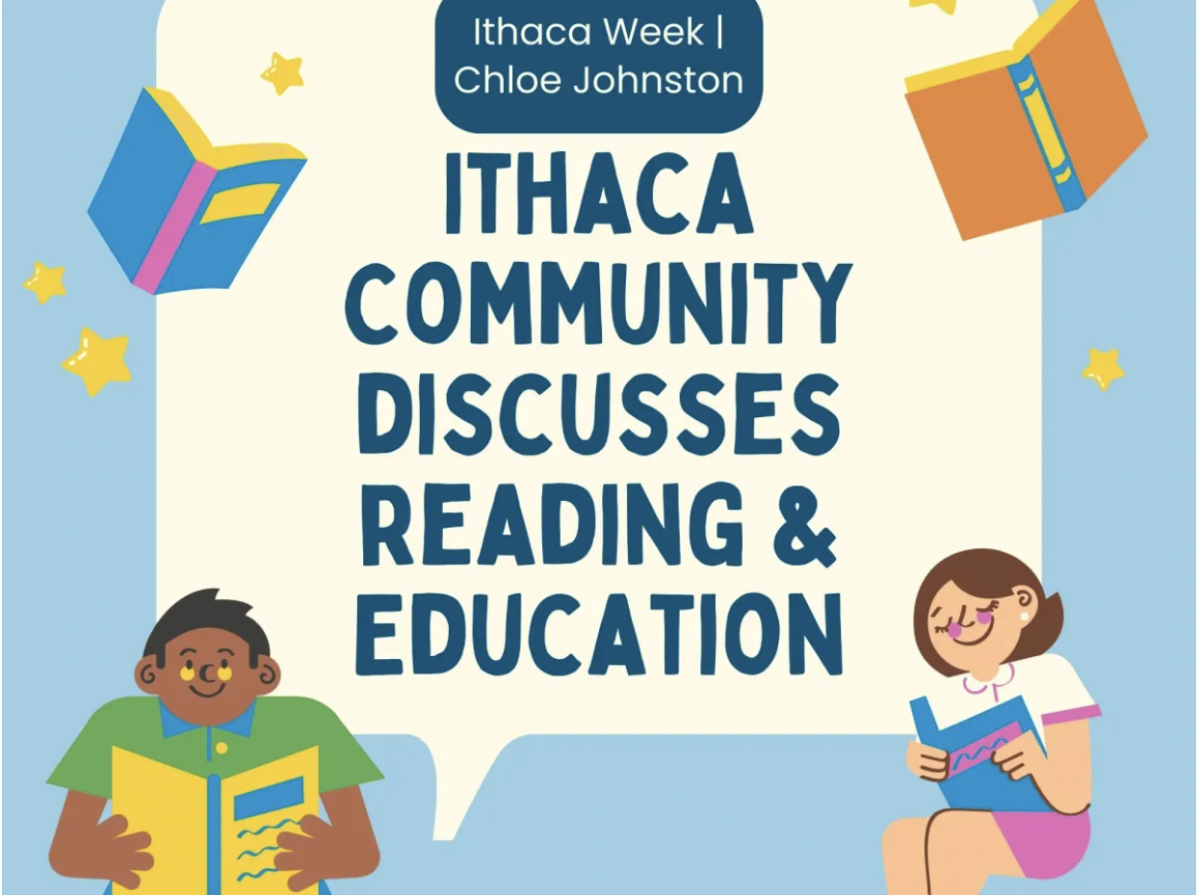
Gabrielle Tola, a first generation Latinx student at Ithaca College, struggled to find a space of existence during her first year on a predominantly white campus. Her experience at IC would drastically change after taking Gustavo Licón’s class, Introduction to Latinx Studies, where she found herself represented within the classroom for the first time.
“Having staff that understands my issues as a Latina and as a person of color on this campus, I believe that it is very essential when it comes to higher education,” Tola said. She declared her Latinx Studies minor after taking the course her first year at IC.

Tola is one of many students who has found a home within the Center for the Study of Culture, Race, and Ethnicity (CSCRE). This academic year, the CSCRE celebrated its 20th anniversary of existence, resistance and dedication in providing a space for its students. On Oct.11, the Center hosted a panel discussion and reception titled, “Celebrating 20 Years of CSCRE: Looking Back to Move Forward,” highlighting the journey of the Center and how it plans to grow.
The Center’s Purpose
The CSCRE, based in the School of Humanities and Sciences, aims to “deliver a curriculum focused primarily on African-, Latino/a-, Asian,- and Native-American (ALANA) people in the United States, who are usually marginalized, under-represented and/or misrepresented in the normative curriculum.” The Center currently offers four minors: African Diaspora Studies, Asian American Studies, Latinx Studies and Native American and Indigenous Studies.
Belisa González, associate professor and the director of the CSCRE, stresses the duality of the Center, acting as both an educational resource and brave space.
“There is sort of this dual nature of the Center, which is acting like a traditional academic department, but also putting on quite a bit of programming, and really, being a space for students, largely minoritized students, to have a space on campus where they can be unapologetically themselves,” said González.

“It really did make a difference having faculty you could trust and it was heartwarming to me,” said Tola. “I really do think it makes a difference to feel represented in higher academia. I can be myself.”
Curriculum & Its Impact
In the beginning phases of creating the curriculum for the Center, founding director Asma Barlas wrote in The Ithacan, “[w]hile some committee members favored a U.S.-centered approach, I was one of those who felt it would reaffirm the myth of American exceptionalism… Ultimately our committee agreed that the center’s courses would focus on ALANA people but would also interrogate borders and boundaries, such as between the U.S./world. However, I don’t believe most courses succeeded in doing this.”
The curriculum now encompasses a wide variety of topics including:

- Identify formation
- Cultural and historical representations and struggles
- Intersections of race and colonialism
- Public policy
- Social justice
- Racial redress
Licón, associate professor of Latinx Studies, teaches various classes that focus on the intersections of race, policy and practice, socioeconomic, and gender.
“I really like teaching people about their history and their culture or at least fragments of that, that allows them to explore further in their background,” said Licón.
Senior August Miguez created their major through the integrated studies program at IC, and has incorporated many CSCRE classes into their coursework. Miguez has titled their major Critical Community Work and hopes to utilize the knowledge acquired from CSCRE classes to actively contribute to community activism and social change.
“I want to make sure that I’m entering a community and making sure that I’m doing the work beforehand to better understand situations rather than showing up and depending on them to do a lot of work for me,” said Miguez.
Discussion Series

Since 2006, the Center has organized an annual Discussion Series and invites speakers to facilitate critical dialogue on race. This year, the series is called “Roots and Routes: Reflecting Toward Change,” which celebrates the existence of ethnic studies, the importance of mental health and indigenous movements.
“It’s sort of an extension from our classes where students can learn not just from us and our classes, but from experts in the field and sort of keep up with what is happening in ethnic studies,” said González.
Looking Forward
The CSCRE is working toward creating a major titled, “Race, Power and Resistance,” which will encompass all minors within the Center. While there is still more work to be done, González remains hopeful for the future.
“Twenty years means that we’ve been here for twenty years,” she said. “And that we are always trying to fulfill the promise and the dream of the folks who imagined the center… Trying to fulfill the dream of people who came before me, that can get me up in the morning. It does get me up in the world.”
Many students of minoritized communities said they see themselves reflected in the curriculum and in higher academia because of the CSCRE.
“Having a place to call home is very rewarding and stabilizing,” said Tola.












